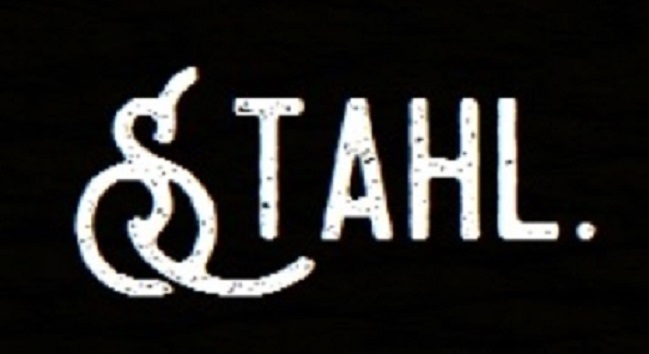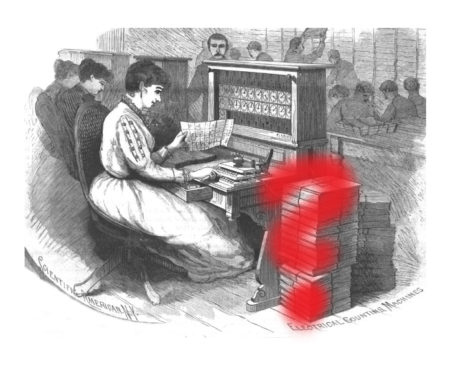The field we are working in is commonly referred to as metal studies or metal music studies. I prefer the second because it makes clear it is research on a music culture, and in this way avoids already possible questions on the subject of research. Recently, Heather Savigny and Julian Schaap reminded us of ‘putting the “studies” back into metal music studies’.1 In their critique, they demand more methodological rigour and more reflexivety in questions of epistemology. In this short post, I want to take up this point and throw in some questions from the point of view of a trained cultural historian.
My preferred name of our discourse is metal music studies. It contains three words. ‘Metal’, which is rather obvious (not mentioning the broad debates on the definition of metal) and names the subject of research. ‘Music’, the second element, is significant due to the fact that it tells non-insiders that we examine a popular music culture, i.e. heavy metal music. ‘Studies’, the third and the one which Savigny and Schaap problematized rightly, is the crucial one. It points out that this is an independent academic field.
From the point of view of a trained historian, the current state of the art is still characterized by a lack of historical awareness and of historic depth. There are books and conferences, which have the word ‘history’ in their titles.2 However, so far the history and cultural history of metal have been written by scholars ouside history as a discipline. On the one hand, this is good think because it sets history on the agenda of our discourse.
On the other hand, however, ‘putting the “studies” back into metal music studies’ consequently would also mean to take much more seriously the expertise of trained historians. Their expertise and knowledge of reading and examining sources, of historiography as a form narratology, and finally their knowledege of the broad contexts of the global history of the second half of the 20th century is key to writing a history of metal with more rigour. My upcoming book will not fix this issue but I address these questions.3
See H. Savigny and J. Schaap (2018), ‘Putting the “studies” back into metal music studies’, Metal Music Studies, 4:3, pp. 549–557, doi: 10.1386/mms.4.3.549_1. ↩
See, L. Meller (2018), Iron Maiden: A journey through history, Curitiba: Appris; also, see the call for paper for the conference ‘Somewhere in Time: A Conference on Metal and History’, Victoria, BC, 23 to 25 August 2019, at: https://www.facebook.com/download/1138331633226652/Somewhere%20in%20Time%20CFP%20.pdf?hash=AcpU2f1kwval0Th3. Accessed 8 March 2019. ↩
P. Pichler (2019), Metal music and sonic knowledge in Europe: A cultural history, Bingley: Emerald Publishers, forthcoming. ↩



